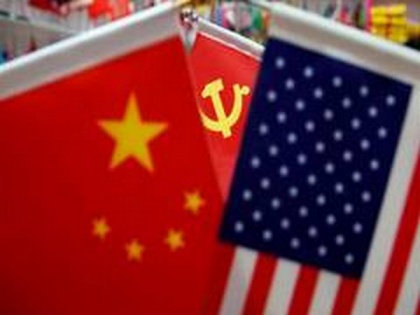US sanctions on XPCC could impact China's plan of 'economic development' in Xinjiang
By ANI | Published: August 1, 2020 03:38 PM2020-08-01T15:38:39+5:302020-08-01T15:55:36+5:30
The United States' sanctions on The Xinjiang Production and Construction Corps (XPCC) could impact China's plans for the economic development of the region, American news portal Axios reported.

US sanctions on XPCC could impact China's plan of 'economic development' in Xinjiang
The United States' sanctions on The Xinjiang Production and Construction Corps (XPCC) could impact China's plans for the economic development of the region, American news portal Axios reported.
The XPCC is also known as Bingtugan meng military unit in Chinese. It is a "powerful, secretive orgzation that has dominated Xinjiang's economy and politics for decades," journalist Bethany Allen Ebrahimian writes in a report of Axios.
XPCC controls vast swaths of the economy in Xinjiang, she says. The XPCC is involved in the production of one-third of China's cotton, and in 2014, XPCC-controlled interests comprised 17 per cent of Xinjiang's economy.
On Friday, US Secretary of State Michael Pompeo on Friday announced sanctions on the XPCC and two of its officials for their connection to serious human rights abuse on the Uyghur community in Xinjiang.
Calling the step 'a huge move', Ebrahimian says it is a major win for human rights advocates who have raised the alarm about the XPCC's role in running the mass internment camps.
"Depending on how rigorously the sanctions are enforced, they could hobble the region's economy and blunt China's plans for the further economic development of the region," she says.
"In addition, enforcing sanctions on such a sprawling and secretive orgzation is an enormous undertaking. How much these sanctions bite depends a great deal on how many resources the administration is willing to commit to uncovering violations and enforcing them," Ebrahimian writes.
( With inputs from ANI )
Open in app